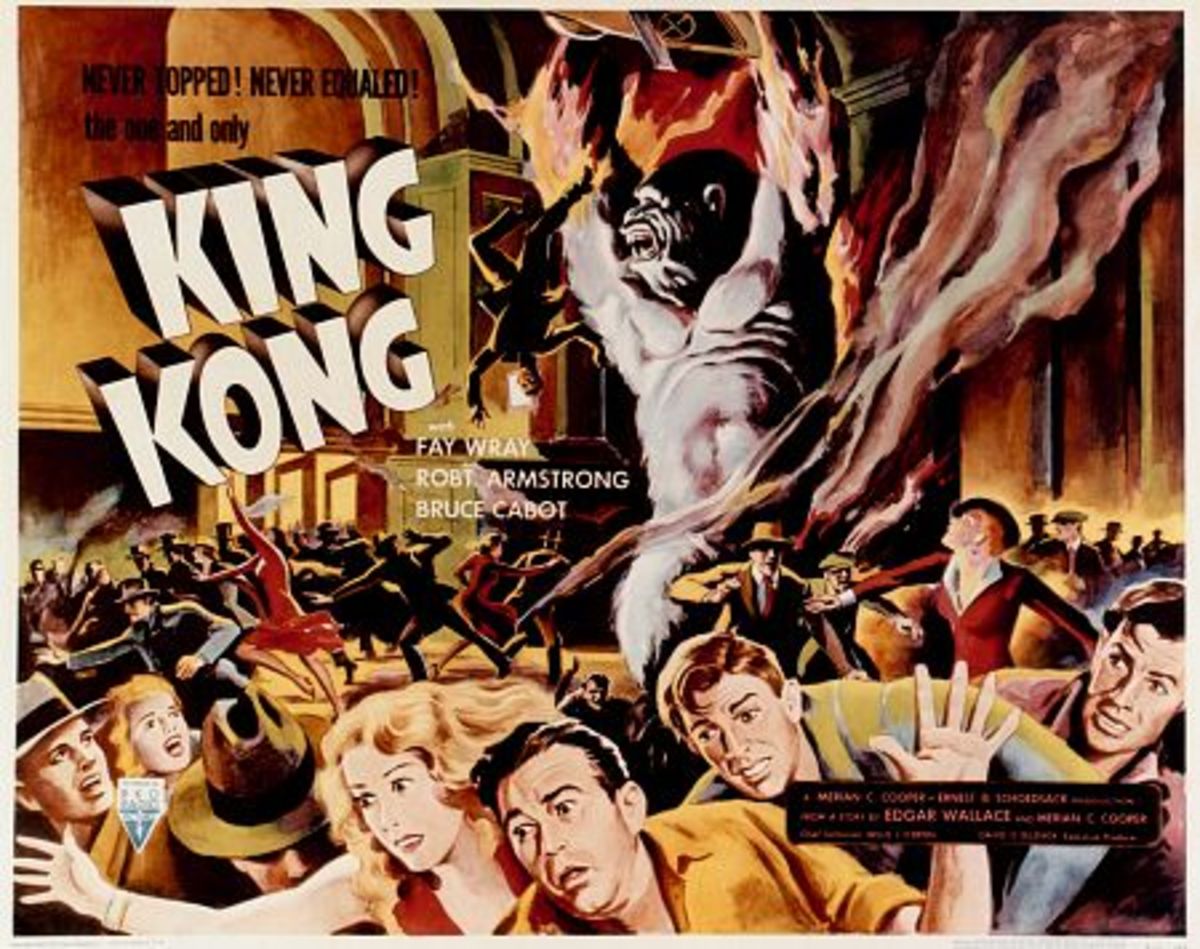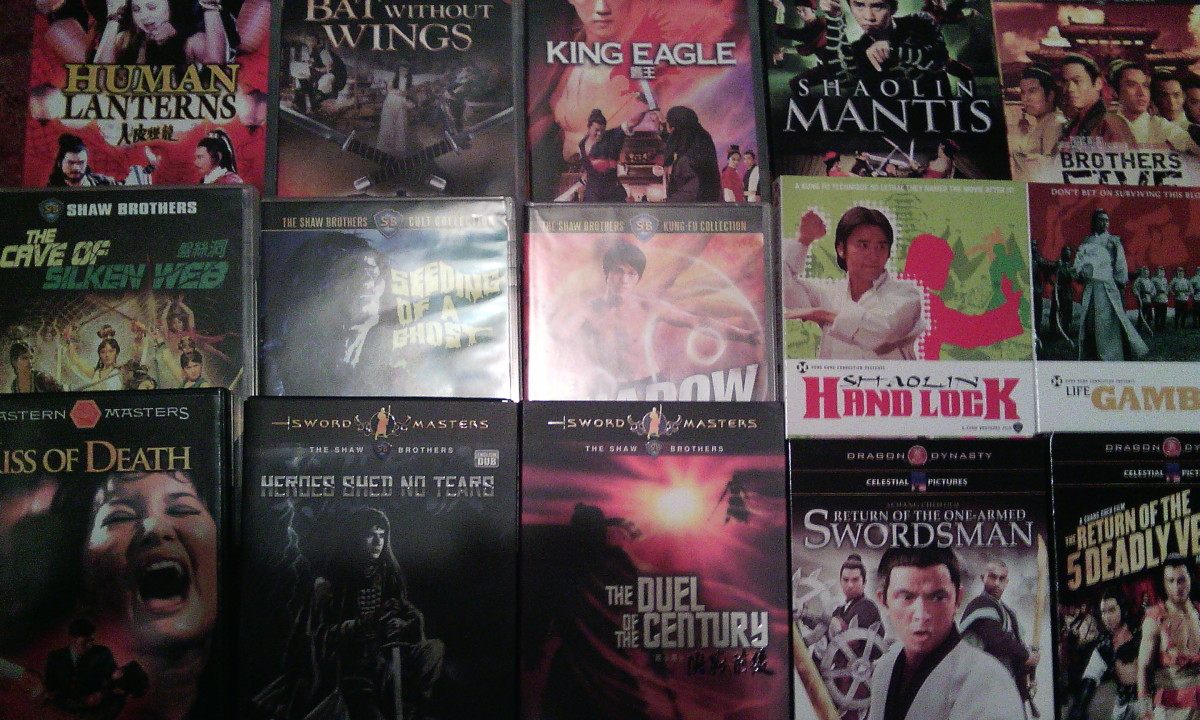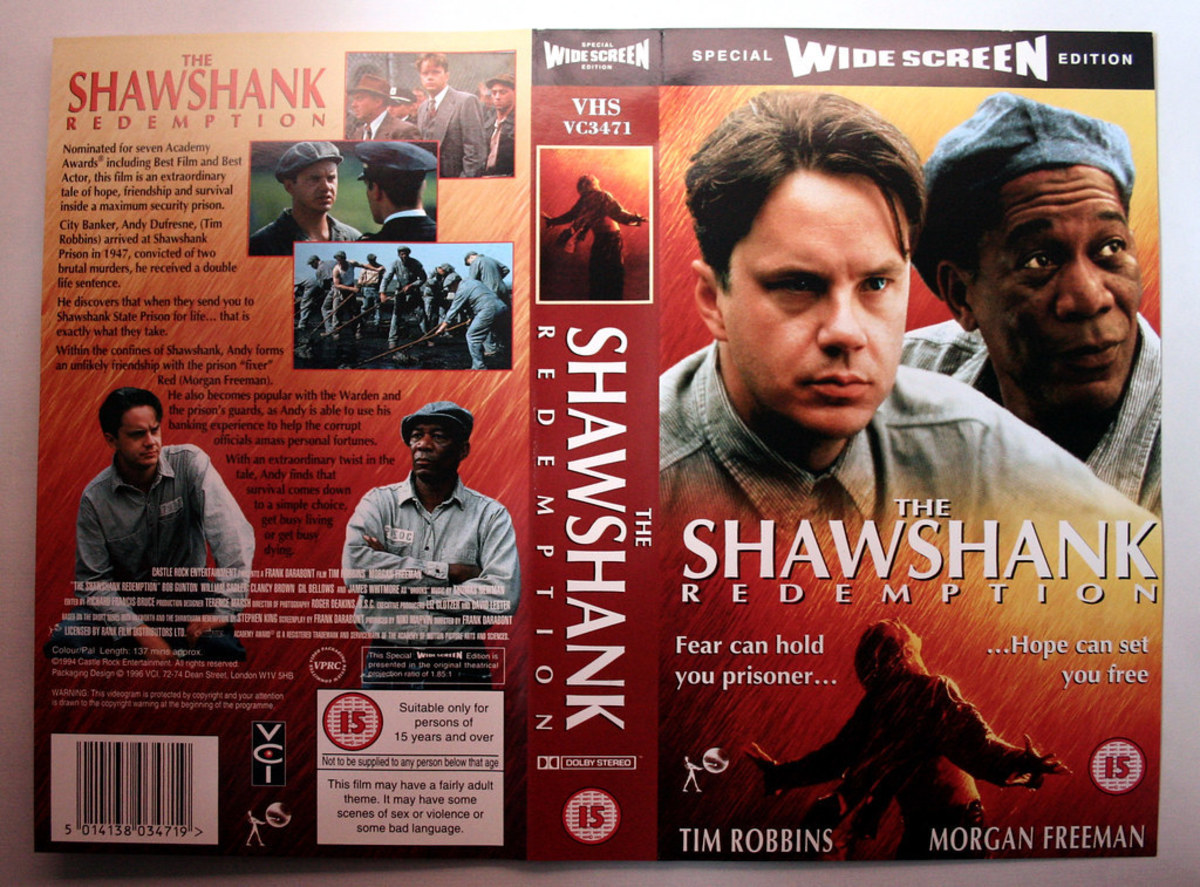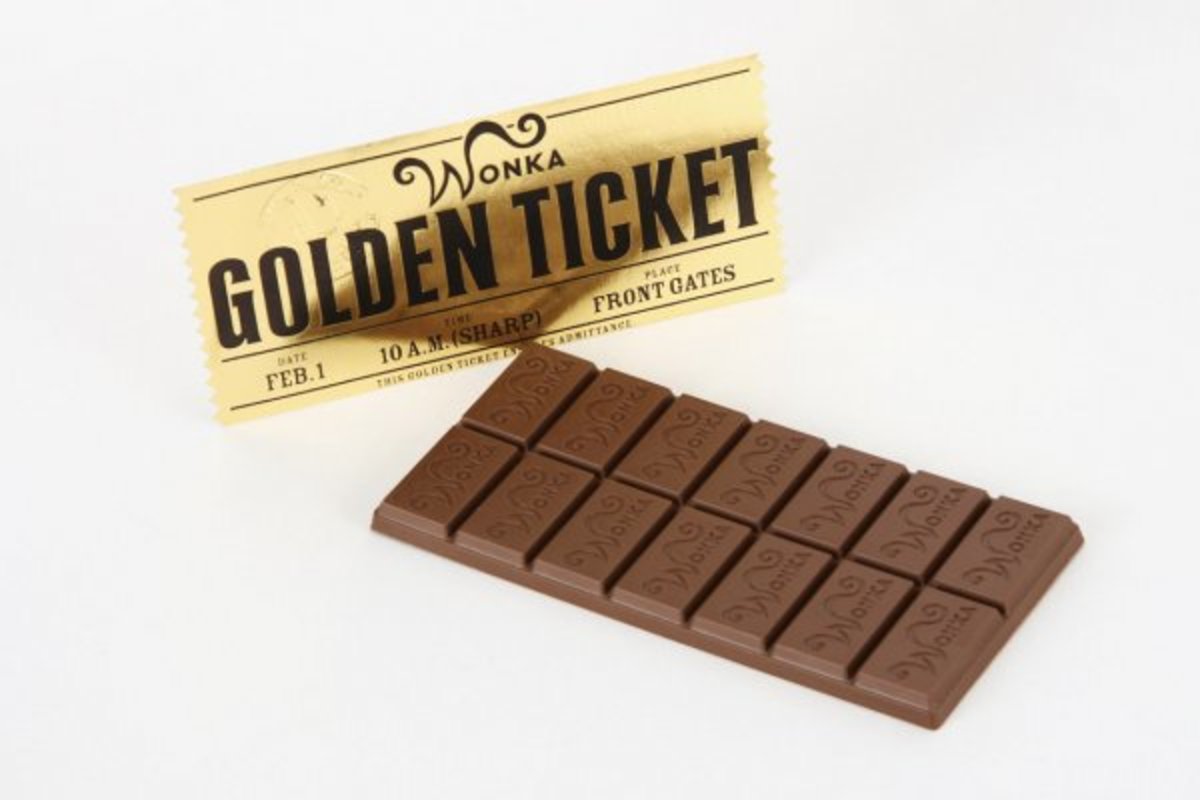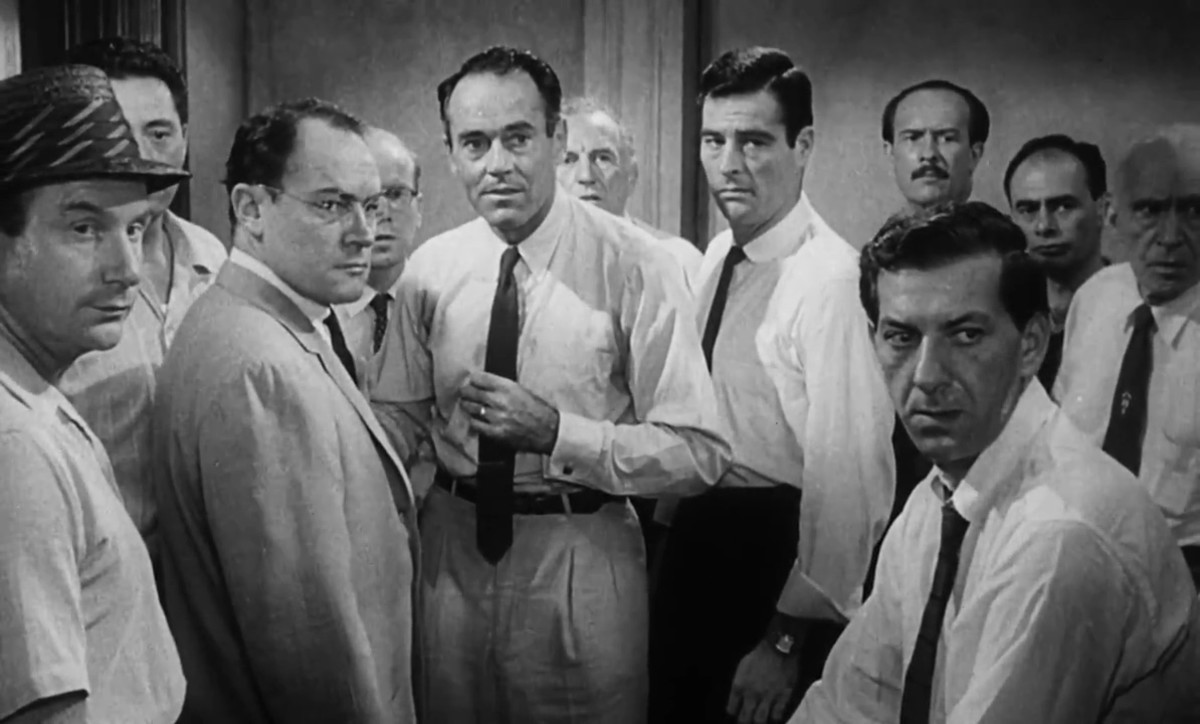Ten Now Classic Movies That Bombed When They Were First Released
When it comes to box office innovation isn't always rewarded. The reason that we so often are subjected to the same plots and styles over and over again is because while some innovative movies become massive hits, many others end up crashing and burning. There are a number of reasons that movies under perform at the box office, being ahead of their time, bad marketing, or sometimes just being in a genre or style that has gone out of vogue. This is a list of ten films that have gone on to be highly praised by both audiences and critics, who upon their original release opened with a very small audience and how they were rediscovered. Many of them have become so familiar to modern movie audiences that it would be inconceivable to imagine movie history without them.
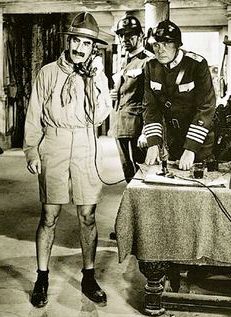
DUCK SOUP (1933)
Almost eighty years after its original release, Duck Soup remains one of the most influential and hilarious comedies ever made. The "mirror scene" alone has been paid homage to in dozens of other movies and television shows. Why it bombed upon its original release is a complete mystery. Paramount had made six previous films with the Marx Brothers and they had all become big hits. Maybe it was the political satire that turned audiences and critics off. maybe it was the fact that this was the comedy teams most surreal and off the wall film to date. For whatever reason, Paramount thought they had milked the Marx Brothers for all they were worth and declined to keep them under contract. They would move to MGM, drop Zeppo from the line up and start to make more plot based films after this, but Duck Soup is often argued to be their best film by many fans and critics.
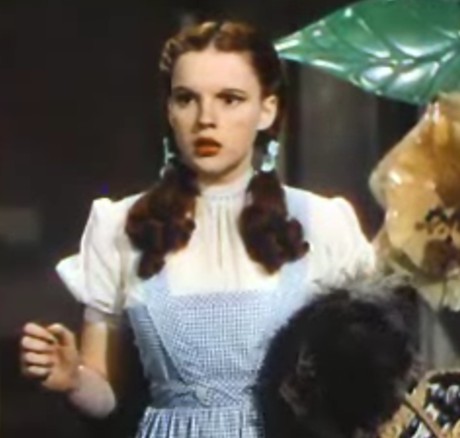
THE WIZARD OF OZ (1939)
Having been filmed twice before, this was the first musical adaptation of the beloved children's book. While calling this film a bomb may be disputed (it made what would be 45 million dollars in today's money.) there is no question that the film was a disappointment in relation to its cost. The film barely made enough money upon its initial release to break even. Critical reception was not a factor in why audiences mostly stayed away. The film received good reviews and was nominated for an Oscar for Best Picture that year. Why it didn't catch on is still a mystery. The film gradually began to gain a following starting with a 1949 re-release but it wasn't until the invention of television that the film found an audience. Like so many unappreciated films, it just needed to be seen for people to know what they had bee missing.
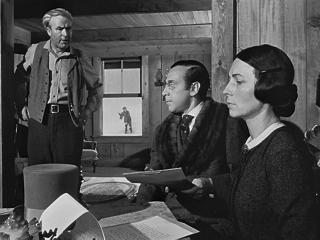
CITIZEN KANE (1941)
Already having conquered the worlds of theater and radio, Orson Welles was given an unprecedented contract with RKO to write, direct and star in a film with complete artistic control. While Citizen Kane is now widely considered to be the greatest film of all time one wonders what Welles career would have been like if he had not made it at all. Before the movie was even released the film was rumored to be based on the life of newspaper magnate William Randolph Hearst, and he was not flattered. Hearst did everything in his power to try to destroy the film, even offering to buy the movie from RKO. While Hearst newspapers gave the film negative reviews, it mostly received raves from the rest of the film community. When Welles won the Best Screenplay Oscar with co-writer Herman Mankiewicz, they were greeted with boos from some in the audience. This controversy kept audiences away and despite critical acclaim, Welles never recovered from the box office disappointment.
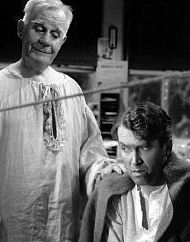
IT'S A WONDERFUL LIFE (1946)
Many have speculated why this now Christmas classic didn't connect with audiences upon its original release. The most likely reason is that Frank Capra's sentimental masterpiece just wasn't compatible with a post-war cynicism that had gripped the country. Still, It's a Wonderful Life would eventually become one of the most famous American films of the 20th century. How audiences rediscovered it was simple, television. Since the film had been viewed so negatively on its original release nobody bothered to renew the copyright. As a result, television stations could play the film for free and looking for cheap content around Christmas time, the movie soon became a Christmas staple and an American classic.
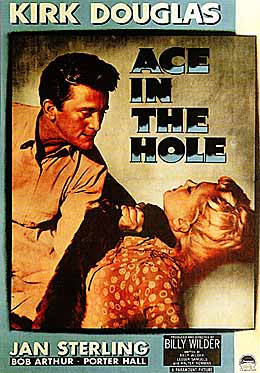
ACE IN THE HOLE (1951)
This Billy Wilder classic failed for the opposite reason that Capra's film did. It was just too dark and too cynical for audiences to swallow. Black comedy is always a hard sell but as this movie has become more and more relevant to our times, it has become harder and harder to ignore. Kirk Douglas is a down and out reporter from the big city who has been exiled to a small town paper. He finds just what he needs to get back on top when a miner gets trapped under a rock and the whole thing turns into a media circus. The film becomes a vicious satire of the media, as he milks the story for all it is worth. Ace in the Hole in the received such bad reviews and such a bad reputation that the studio changed its title to The Big Carnival when it went to television. That is where most have discovered it and it is now considered one of director Billy Wilder's best films.
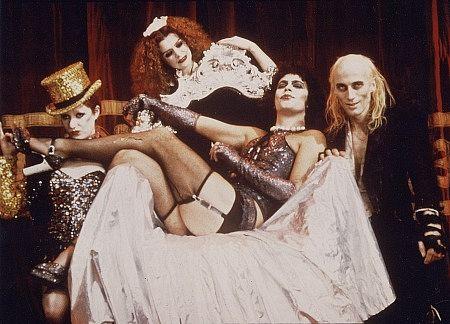
THE ROCKY HORROR PICTURE SHOW (1975)
Based on an already hit stage show, nobody expected this film to be a blockbuster but the producers were shocked to see it bomb as completely as it did upon its original release. Fox ended up withdrawing the film from several cities upon its original release, and even an attempt to screen the film on college campuses was a failure. It wasn't until the film screened at midnight at the Waverly Theater that the famous cult following began. Even though the movie was a box office flop, it still never completely disappeared from theaters, making it the longest theatrical run of any movie ever. Since the cult has caught so much attention, it has become a hit on video and television as well. If It's a Wonderful Life has become the ultimate Christmas staple, Rocky Horror may now be the ultimate Halloween staple with its campy musical numbers and horror film satire.
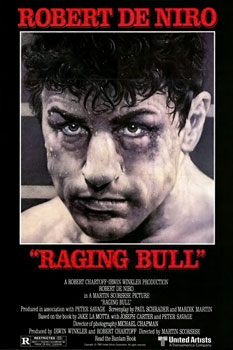
RAGING BULL (1980)
Martin Scorsese's career was already in trouble for his late 70s bomb New York, New York when Robert De Niro convinced him to direct this movie about boxer Jake Lemotta. Despite now being considered the best film of the 80s by many, the movie received mixed reviews upon its original release and tepid box office. Though the movie did win an Oscar for De Niro, few people saw it in theaters. Perhaps it was the black and white cinematography, lack of promotion or episodic structure of the film but for a lot of people this movie just didn't click. Luckily, with home video emerging in the 80s every film gets a second chance, and De Niro's Oscar winning performance lured many people to give Raging Bull a try.
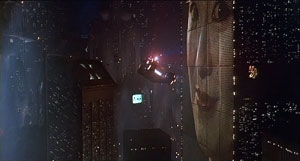
BLADE RUNNER (1982)
This movie is different than others on this list, simply because the version that is now considered such a classic is not the version that played in theaters. Though Ridley Scott's adaptation of Philip K. Dick's Do Android's Dream of Electric Sheep was a triumph of production design and cinematography it was marred by a horrible voice over and studio mandated "happy ending." It wasn't until the "director's cut" was released years later that the movie began to build the reputation that it now enjoys. Probably, second only to Star Wars in the sci-fi pantheon, it is now almost unthinkable what science fiction movies might have been like without Blade Runner's influence.
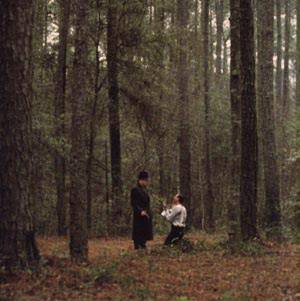
MILLER'S CROSSING (1990)
After creating an unexpected sleeper hit with their second film Raising Arizona, Joel and Ethan Coen were offered the chance to direct Batman but turned it down to instead direct this dark period gangster movie. Despite getting rave reviews, the film made less than half of its budget. Perhaps audiences were sick of gangster movies after Goodfellas, Bugsy and The Godfather Part Three were all released the same year. For whatever reason the film was a major road bump in the Coen Brothers career and they would have to live down the idea that their films were box office poison for years afterward. Audiences that rediscovered the Coens with movies like The Big Lebowski and No Country For Old Men have started to give this early work a second look. It is now widely regarded as one of their best.
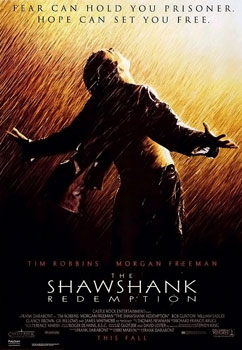
THE SHAWSHANK REDEMPTION (1994)
Being the first film directed by screenwriter Frank Darabont, and set in a gloomy prison setting, may have contributed to The Shawshank Redemption not being able to find an audience. Despite a number of Oscar nominations, being overshadowed by Forrest Gump and Pulp Fiction meant that few people took the time to check this film out. Like many older classics it began to gain an audience through television, especially TNT, who frequently plays the film. In an era of big budget spectacles it is remarkable that this film ha become such a beloved classic at all. It is proof that old fashioned heartfelt storytelling may never go completely out of style.


